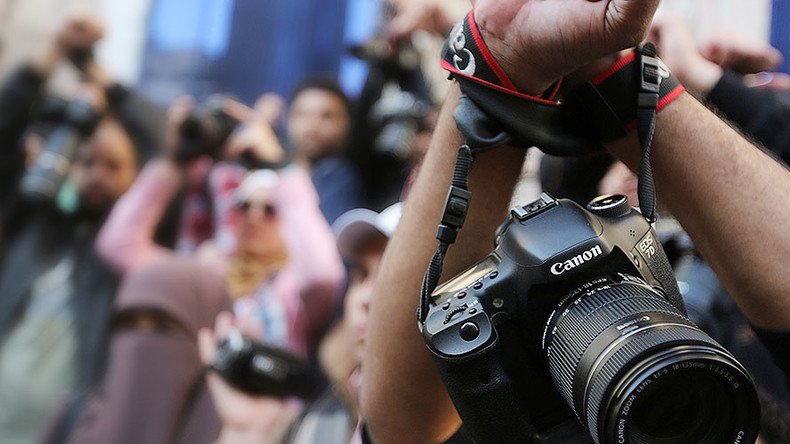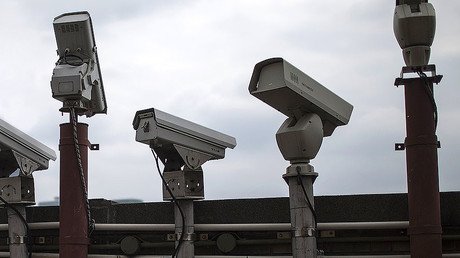Surveillance bill could push Britain down World Press Freedom Index, warns watchdog

Britain’s Investigatory Powers Act, dubbed the ‘snooper’s charter,’ is likely to drive Britain even further down the World Press Freedom Index, according to the UK head of Reporters Without Borders.
The Act, which has massively expanded invasive state surveillance powers, has attracted criticism across the political spectrum.
The latest comments come from Rebecca Vincent, the UK bureau director of the NGO Reporters Without Borders.
She told Press Gazette ahead of the official opening of the watchdog’s new UK branch: “The UK will slide further down the list when the new index is released next year. We should be really concerned about that downward trend.”
Britain is currently ranked 38th out of 200 on the World Press Freedom Index, which is published annually.
Vincent said she had witnessed “a number of particularly worrying press freedom developments here over the past couple of months.”
The Investigative Powers Act, passed into law in November, allows large databases of personal information on UK citizens to be maintained.
It requires internet, phone, and communication app companies to store records for 12 months, and allows authorities to access them on demand. That data could be anything from internet search history, phone calls, or text messages.
Security agencies will also be able to force companies to decrypt data, effectively placing limits on the use of end-to-end encryption.
Vincent said she feared it would “effectively serve as a death sentence for investigative journalism in the UK.
“It lacks sufficient mechanisms to protect whistleblowers, journalists, and their sources. It also fails to require authorities to give advanced notice to journalists before hacking their devices.”
She agreed with the recently published view of the Don’t Spy on Us Coalition, which argued the Act is “the most extreme surveillance law in UK history.”
“It’s also part of a global trend of erosion of press freedom and other civil liberties in the name of security,” she added.
Vincent said Reporters Without Borders is concerned about “the possible knock-on impact these bills could have, as they could be used by repressive regimes as cover to pass similar legislation, but without the democratic checks and balances we have.”













